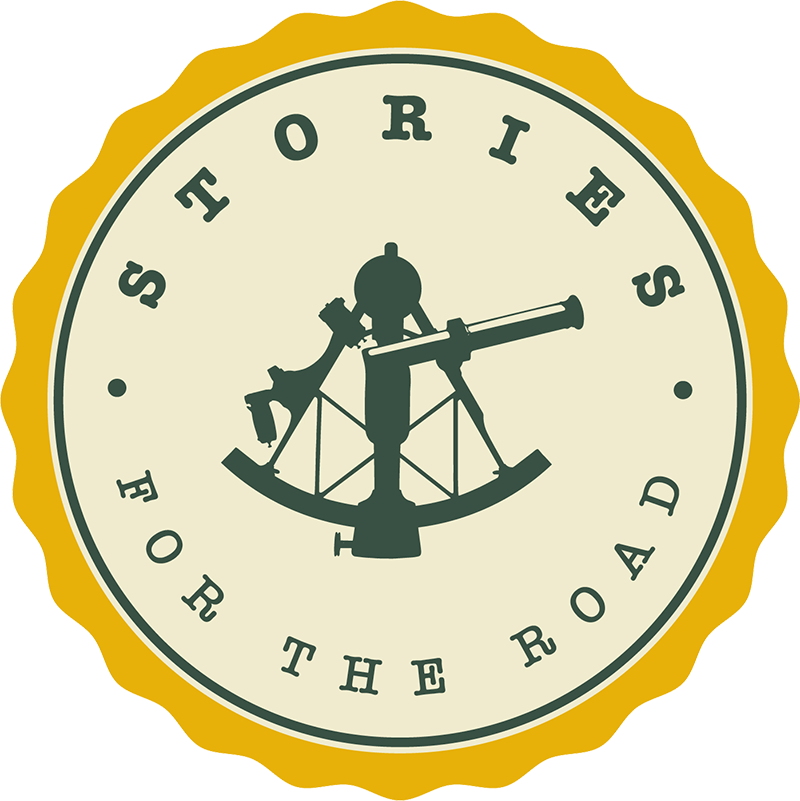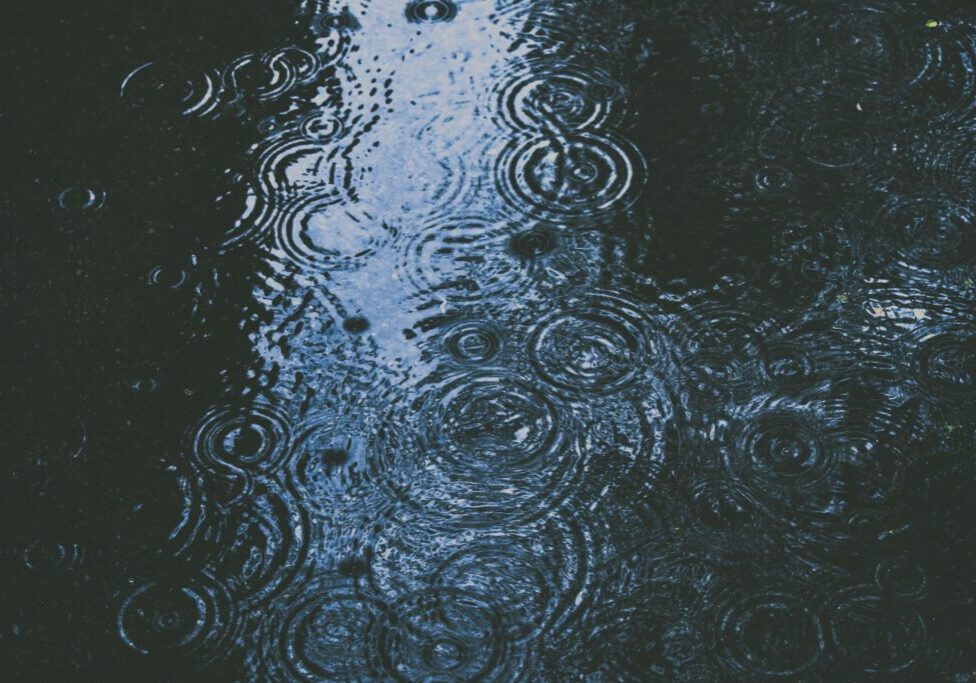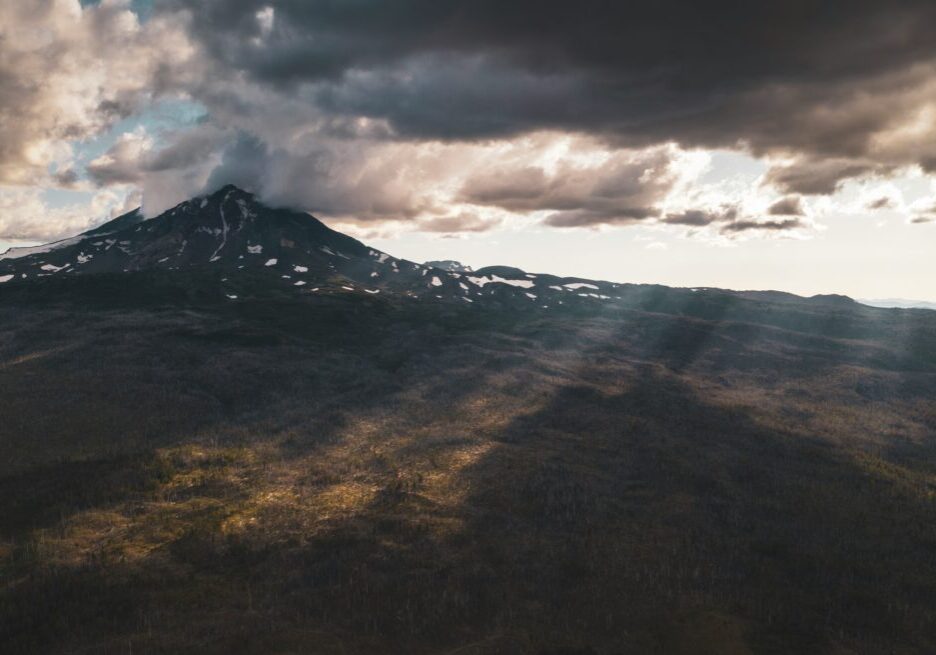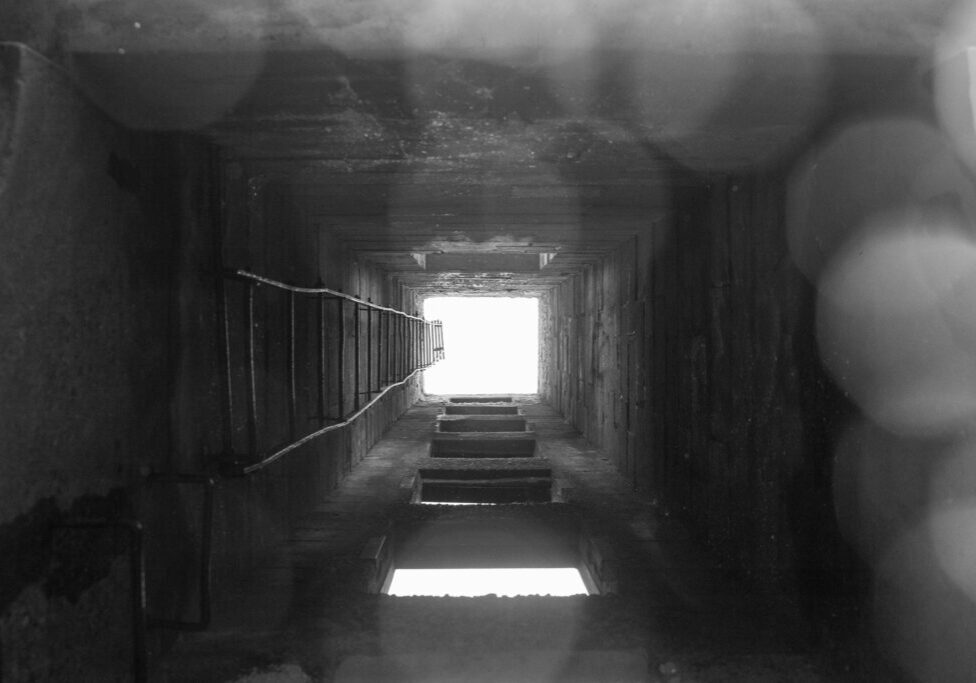Surprised by Light

It was late and dark and someone else’s blood was dripping into my veins. I didn’t know if I had a stroke, if I was going blind, or worse. All I knew was the searing pain surging in my head, the furious aching of every muscle in my body, and how my legs and arms labored to move even slightly under the trappings of the thin hospital blanket I had found myself reluctantly under once again. I laid my head on ice and cried.
Again, Lord? I can’t do this. I don’t want to do this.
After nearly two decades of chronic disease that has continuously sidelined me in the most humiliating of ways, this seemingly out-of-nowhere mystery illness felt cruel, like a cosmic twisting of the thorn in my flesh, like the reopening of a wound that just won’t heal. Ideas of luck and laws of nature despising, I knew this, too, fell within the providence of God. And so I cried out to him:
I don’t want to do this!
And what I really meant is this: I want to die. As the pain went untouched by man’s interventions and by my prayers alike, I inwardly begged for the only thing I knew that could bring relief. In those moments, I was not a mother, a wife, a daughter, a friend. I had no dreams or regrets—I was only utterly human in an utterly physical body. Having no fear of death, I desired to be released to it, and this seemed to me the greatest kindness that could come of answered prayers.
Spoiler alert: I’m still here. As it turns out, my view of kindness is very different than the Lord’s view. I’m certainly not the first to have experienced this revelation. I imagine it’s what the psalmist, David, had in mind when he penned Psalm 142 from a dark cave in the midst of being chased down by his enemies and abandoned by his friends.
David found himself, like I did, endangered, and altogether alone in his endangerment. He wrote from this place, saying, “I cried unto the Lord with my voice… I poured out my complaint before him; I showed before him my trouble. When my spirit was overwhelmed within me, then thou knew my path. (v. 1-3)”
In my own cavern of suffering, I poured out my troubles before the Lord. He saw them first and fully, and I only partly. But on them I knew our sight was joined, and that only one of us had any power to change them. I felt weak, isolated, and heavily pursued in a spiritual battle. Would the Lord rescue me from this hell? My eyes were swollen shut for many days. Without physical sight, I had no choice but to turn my sight inward.
As I begged inwardly for release, a loud voice pushed into my mind with such authority that I was instantly quieted. “You will not die from this.”
But I don’t want to do this!
A picture of a path then appeared in my mind so clearly it was as if I were seeing it in real life. The delicately crafted veils of hope I had made for myself vanished as I looked down this path, where, laid out before me was a parade of all my greatest fears about my future. This voice went on to tell me that the rest of my life would continue to be full of all the sufferings I have tried so hard over these many years to remedy and to bear. I believed every fortune-telling word, and, having seen no peace or refuge there, sunk into despair.
I felt like David when he said, “the way wherein I walked have they secretly laid a snare for me. I looked on my right hand, but there was no man that would know me: refuge failed me (v. 3-4)”
Then, a very different voice pushed in. This one smaller, stiller.
“Am I worthy? Even if this all happens… Am I worthy of your suffering?”
Silent tears rolled down my face, somehow finding their way out through my swollen, shut up eyelids. Even this is a picture of His breaking through.
How like the Father to meet me in my utter resistance! How like the Holy Spirit to speak to me in gentleness after the enemy’s roar. How like Jesus to ask a heart-rending question instead of give an answer. With three words the triune God drew me deeper into the darkness of my own self, where I needed to shore up my bonds of affection for him in order to continue to face this life, whatever may come.
My will to live is reawakened by his willingness to die.
My willingness to bear what I am asked is enlivened by his willingness to bear what I could not.
And he is worthy— not just for what he has done— but for who he is.
“Am I worthy?”
It’s been nearly a year since that time, and those words still echo in my soul. They are a hymn, a reproach, and anthem I rehearse as I rise each day and orient myself in this harsh world. I find the darkness of life and of my own sin so easily besetting. It casts a cloud upon my heart and mind that causes me to forget who I really am, and to whom I belong.
As I reflect back, I behold the kindness of God that allows pain in order to turn me inward into myself, to a place only known to him, to bring the things I believe in the dark out into the light. Only real love acts this way; it is only when we know that we are truly loved that we will be courageous enough to look at what’s inside us.
Psalm 142 is spoken in the dialect of captives. It speaks to those of us who feel sharply the bonds of earth and body. In the midst of our darkness it calls us to lean heavy on the mercy and kindness of the Worthy One, in whom is found our only true refuge, rest, and bounty:
“Thou art my refuge and my portion in the land of the living. Attend unto my cry; for I am brought very low: deliver me from my persecutors; for they are stronger than I. Bring my soul out of prison, that I may praise thy name: the righteous shall compass me about; for thou shalt deal bountifully with me. (v. 5-7)”
A dark cave seems a terribly unlikely place to encounter the Light of Life, but God meets us in unlikely places. The unlikely place of a cloud-covered cross is where he chose to meet us first, and the dark lonely hollow of grief and groaning on this earth is where God is pleased to meet us still, so that we might find, in the words of Augustine, that “God is closer to us than we are to ourselves.” And as we shelter in his presence, the warmth of his unveiling light begs we answer the still, small voice that daily rises with the inhale of our every breath, asking us: “Am I worthy?”
I cried to the Lord; I showed him all my trouble. My groaning is before me all day and night. There is no peace where I seek peace.
I pour out my groaning to you, Lord, even as I am being poured out unto death.
You hear the thundering of my mind, and the quivering of my voice; you know my spirit is overwhelmed and my strength has failed.
You see the path before me. Satan has laid snare for my soul. I am alone, without refuge, wearied, and struck down by the strong hand of my enemy.
Then I remember when your groaning was known to only you, when drops of blood sweat from your head. Because of your groaning, I am not alone in mine.
Your willingness makes me willing. I look up instead of around. What danger is there, if you are my refuge? What desire, except that you be my portion?
I will praise your name in the land of the living, so all may know you have dealt bountifully with me!
Psalm 142, adapted
Jenna Kleiser has been a member of the Sojourn East family for 10 years, alongside her husband, Timothy, and their daughter, Everly. She’s a certified health educator who enjoys studying and writing about physical and spiritual wellness – and she’s a firm believer that sunshine and butter are essential to both.



